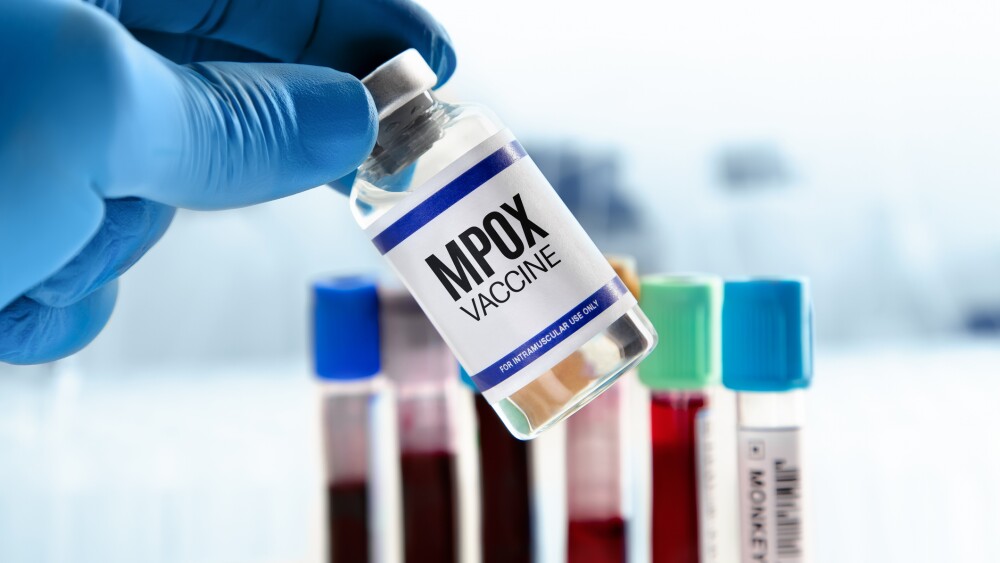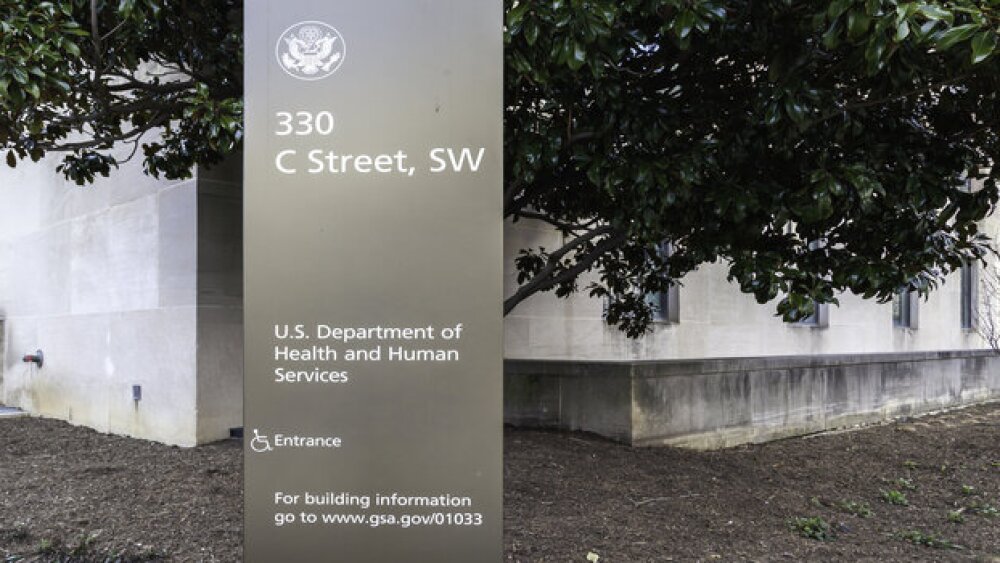It’s been a bumpy ride for Biogen as news swirls around its overall Alzheimer’s program… but not for its competitors with investigational therapies for that disease.
The U.S. Food and Drug Administration (FDA)’s recent approval of Biogen’s Alzheimer’s drug, Aduhelm™ (aducanumab), sent stocks soaring for Biogen (about 36%) and for virtually any biotech company with treatments for Alzheimer’s disease. Since then, it’s been a bumpy ride for Biogen as news swirls around its overall Alzheimer’s program… but not for its competitors with investigational therapies for that disease.
Their stocks are at or near their high points as investigators look more deeply at their clinical value. Annovis Bio, for example, recently hit a 52-week high at just over $100 and now is around $90 per share, after spending all of 2020 below $10 per share. Likewise, Cassava Sciences stock opened the year at just over $7 per share and currently is hovering around $80.
Of the two, the closest to introducing a new, meaningful, effective Alzheimer’s therapy may be Annovis Bio. Its investigational candidate showed significant cognitive improvements in Alzheimer’s patients after only one month.
Preliminary data from a Phase II study of ANVS401 (reported in late May) showed a 4.4-point improvement in cognition over baseline among patients with mild-to-moderate Alzheimer’s disease in only 25 days, using the 70-point, 11-item Alzheimer’s Disease Assessment Scale (ADAS-11).
Both the improvement and the timeframe are notable, exceeding outcomes for other known investigational therapies. Annovis anticipates full data this autumn, followed by planning for a Phase III trial.
ANVS401 works by inhibiting the translation of neurotoxic proteins, and thereby improving axonal transport, which reduces inflammation and leads to improved cognitive function.
Another near competitor, Cassava Sciences, announced a randomized, controlled study of cognition maintenance May 10, comparing cognitive outcomes for patients who stop taking simufilam with those who continue the treatment. Data is expected in six months from the 100-patient study. A few days later, it announced a $2.7 million research grant award from the National Institutes of Health (NIH) to fund clinical readiness activities for an upcoming Phase III program with simufilam.
Simufilam is a small molecule drug designed to restore the normal shape and function of altered filamin A (FLNA) in the brain. By doing so, it restores the normal neuronal function, thus potentially preventing neurodegeneration and neuroinflammation that characterize Alzheimer’s disease. The company hopes to a Phase III study of simufilam later in 2021.
In the most recently reported data, released autumn 2020, sumifilam decreased cerebrospinal fluid (CSF) levels of HMGB1 (a pro-inflammatory protein that is elevated in neurodegenerative patients) by 33%. The integrity and permeability of the blood-brain barrier also improved, along with cognition, according to Cassava.
Cassava also is developing a blood test, SavaDx, to diagnose Alzheimer’s disease.
In contrast, Biogen’s Aduhelm® claims to improve cognition by 1.4 points over 18 months, using the ADAS Cog-13 (a 27% improvement over placebo at high dose). It was approved June 7 in what the New York Times called “a low point” for the agency, against the advice of external experts. Since then, three members of the FDA’s external advisory committee have resigned noting questionable efficacy and safety concerns, as one-third of patients experienced brain swelling.
Soon afterward, gosuranemab (BIIB092) failed to meet its primary endpoints and returned no treatment benefit. After paying $300 million to license the anti-tau antibody from Bristol Myers Squibb in 2017, Biogen has halted its development but continues to invest in other tau approaches for Alzheimer’s disease treatments.
All of these events are being reflected in the stock prices of the leading contenders for the lucrative Alzheimer’s disease market. Last Wednesday, when the first patient was infused outside clinical trials, saw a slight dip for Biogen, while shares gained in value for Cassava Sciences and Annovis Bio, its two closest competitors, both of which have investigational therapies in development.
Despite the stock fluctuations, the share prices for these three are notably higher than they were even three months ago, and are testament to the intense interest in any therapy that can halt or, ideally, reverse the cognitive decline that makes Alzheimer’s disease so horrendous.
In the U.S., at least 5.5 million people have this progressive neurodegenerative disease. Globally, the figure is estimated at 44 million.
Biogen’s stock prices began the year at about $250 per share and danced around the $275 mark before spiking to more than $400 in June, when aducanumab was approved.
On June 16, Biogen stocks lost 1.20%, closing at $391.31 and trending downward in after-hours training. By Thursday, it closed at $383.52, down nearly 2% from the previous day. Meanwhile, Cassava Sciences Inc.’s common stock price increased 11.33%, closing at $80.27 and hovering around that mark Thursday. Annovis Bio’s stocks gained 10.54%, closing at $95.40 Wednesday, before dipping to $90.05 at Thursday’s closing bell as investors sought to lock-in gains. Neither Cassava nor Annovis released news to cause the fluctuations.






